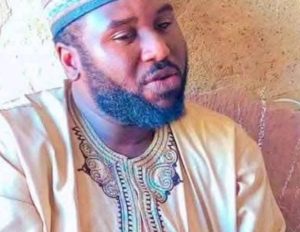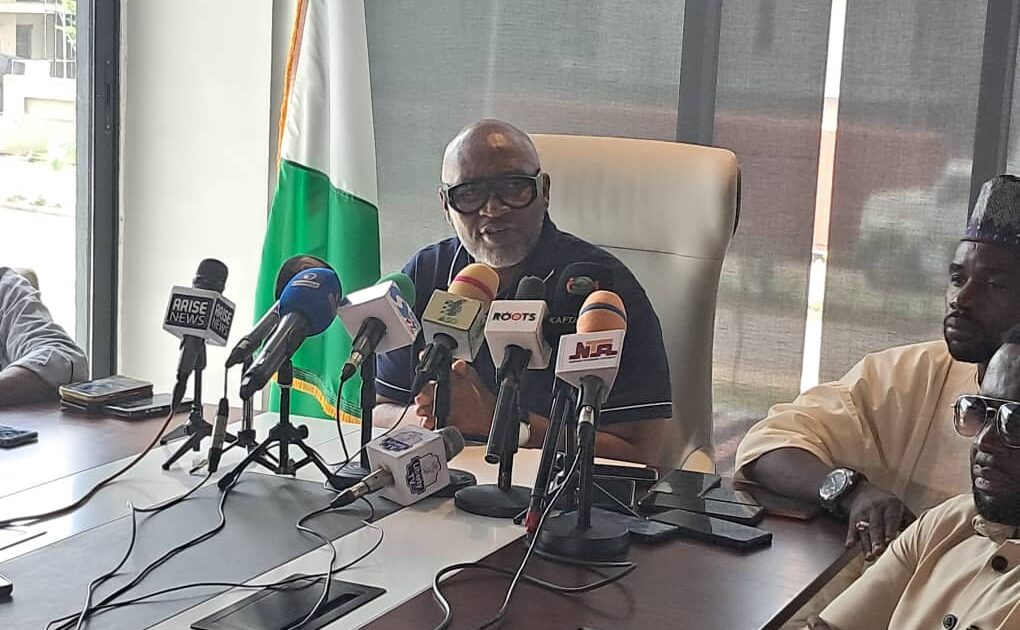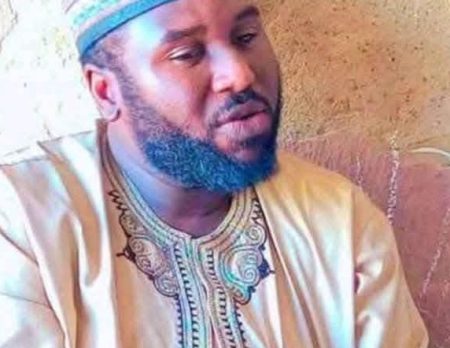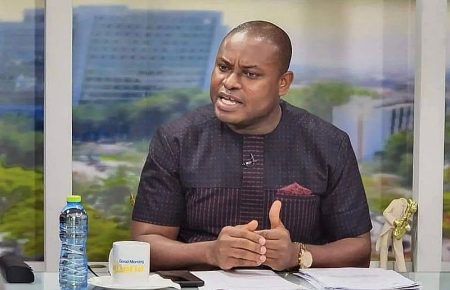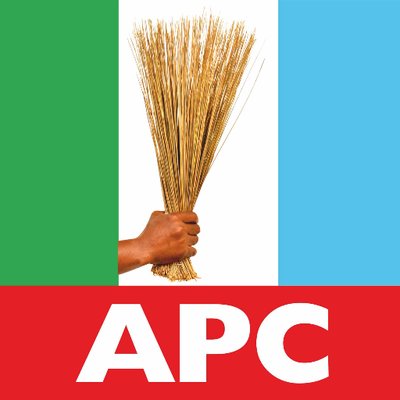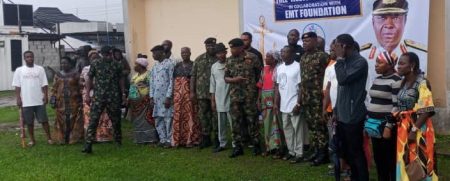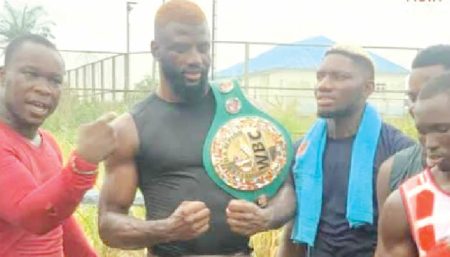The political landscape of Nigeria is buzzing with activity as the 2027 elections draw closer. A newly formed coalition, comprising prominent opposition figures, has selected the African Democratic Congress (ADC) as its platform, aiming to present a united front against the ruling All Progressives Congress (APC). This coalition includes influential figures like former Vice President Atiku Abubakar and Labour Party flag-bearer Peter Obi, signaling a potentially formidable challenge to the current administration. However, this alliance has sparked controversy and internal divisions within the ADC, particularly regarding the party’s future presidential candidate.
Dumebi Kachikwu, the ADC’s 2023 presidential candidate, has openly accused the coalition leaders, particularly the faction led by former Senate President David Mark, of orchestrating a takeover of the party to pave the way for Atiku Abubakar’s candidacy in 2027. Kachikwu claims that the coalition’s primary focus is reclaiming power, rather than genuine commitment to the ADC’s principles or a fair representation of the South. He challenges the coalition to publicly declare that the 2027 presidential ticket will be zoned to the South, a move that would demonstrate their commitment to equitable power sharing. Kachikwu’s allegations highlight the existing tensions within the ADC and raise questions about the coalition’s true intentions.
Kachikwu recounts his meeting with the coalition leaders, where their discussions centered heavily on the perceived failures of President Tinubu’s government. While Kachikwu acknowledged their concerns, he emphasized the importance of a clear succession plan, especially within the context of Nigeria’s traditional North-South power rotation. He pointed out that the South, represented by President Tinubu, is only in its first term, and therefore, a Southern candidate should logically be the coalition’s flag-bearer for 2027. However, the coalition leaders immediately rejected this notion, asserting their intent to “take back power,” a phrase that Kachikwu interprets as a clear indication of their pre-determined support for Atiku Abubakar, a Northern politician.
This immediate dismissal of a Southern candidate, according to Kachikwu, exposed the coalition’s underlying motive – to install Atiku Abubakar as the presidential candidate, regardless of the principle of rotational power. This revelation led Kachikwu to withdraw from further discussions with the coalition, as he felt their agenda was incompatible with his own political aspirations and the fair representation of the South. He views the coalition’s actions as a blatant disregard for the established political norms in Nigeria and a betrayal of the ADC’s own values.
The current state of the ADC is marked by significant internal conflict. The party is now under interim leadership, with David Mark as national chairman and Rauf Aregbesola as national secretary, following the resignation of previous leaders. This change in leadership further fuels Kachikwu’s suspicions about the coalition’s intentions. He believes that the new leadership structure is designed to facilitate Atiku’s eventual candidacy, effectively sidelining other potential contenders, particularly those from the South. This internal power struggle threatens to fracture the ADC and potentially undermine the coalition’s efforts to present a united front against the ruling party.
Kachikwu’s accusations bring to the forefront crucial questions about the nature and purpose of the newly formed coalition. Is it a genuine attempt to create a stronger opposition force based on shared principles and goals, or is it primarily a vehicle for individual ambitions, particularly Atiku Abubakar’s presidential aspirations? The coalition’s refusal to address the issue of power rotation and their swift dismissal of a Southern candidate raise serious doubts about their commitment to fairness and inclusivity. The ongoing tension within the ADC reflects these broader concerns and underscores the challenges facing the opposition as they attempt to unite against the ruling APC. The coalition’s success hinges on its ability to resolve these internal conflicts and present a credible and unified alternative to the electorate in the 2027 elections.


